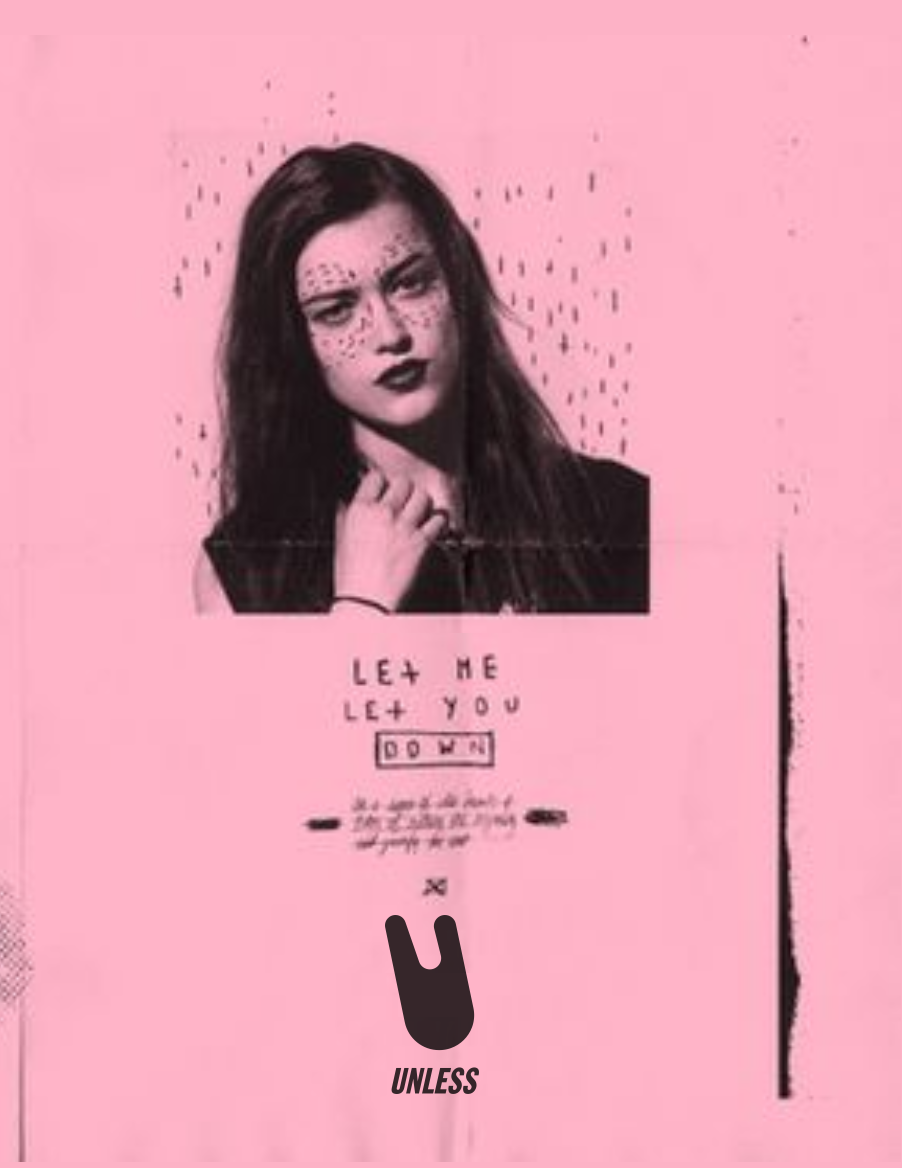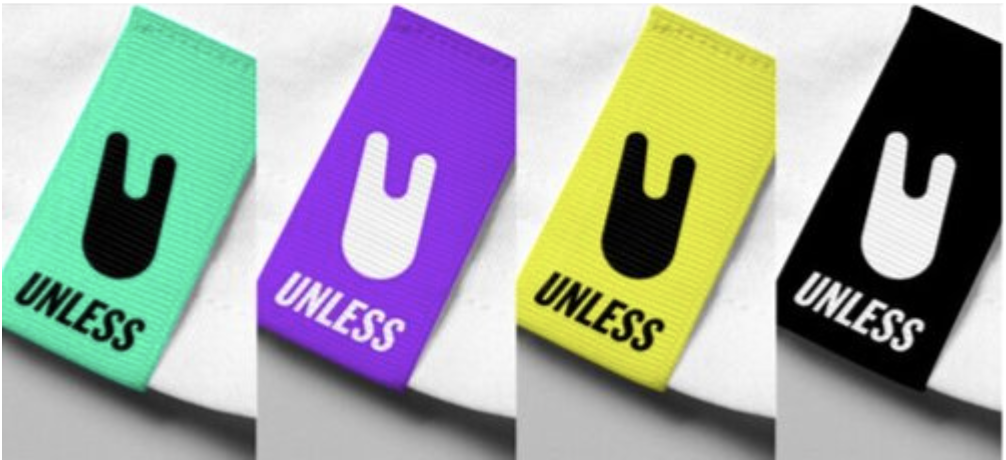Unless Collective
Sustainable streetwear
Brief as received
We left our job managing a global athletic company to pursue the sustainability initiatives we developed there, full-time.
We believe without real change, the fashion industry will continue to harm its customers socially, economically and environmentally.
Create a streetwear brand that captures our “Circular Sustainability” / “Zero Waste” ambitions and our roots in the Pacific North West.
Research & Insights
Surveyed 16-35 year olds purchase habits around sustainable products.
Looked at pricing and purchase sensitivities around sustainable price premiums.
Discovered a “Green-Gap” between genders - Older males don't care enough about sustainability to pay a premium.
Females would pay more for sustainable brands.
Females felt more “guilty” refreshing their wardrobe knowing it negatively effected the planet.
Males had different “streetwear preferences” than females - more east coast brands.
Females preferred more fun / fashion focused / less aggressive streetwear brands.
Re-framed brief
Create a sustainable streetwear brand to appeal to 24-34 year old women who will “pay the sustainable premium,” and a younger 16-24 dual-gender target that are very streetwear involved and willing to pay the premium for sustainable choices.
Sharpened audience definition
16-24 year-old gender-neutral target and a 25-34 year-old female streetwear consumers.
Problem identified
“Sustainable Supreme” is harder than it sounds.
Males consume current “streetwear” brands at a higher rate than Females, but they consumer sustainable goods at a considerably lower rate.
Need to tap into something that can appeal to women, but be streetwear credible to men.
Insight that shed new light
Japanese streetwear is less traditionally masculine, yet “very legit” with males and females (Bape, Sukamii, Evisu, Visvim, Mastermind, etc)
This aesthetic and design language is fun and more aligned to our west coast roots.
Marketplace & cultural understanding
The sustainable fashion companies that exist are not “streetwear companies.”
Sustainable fashion is “preachy,” “guilt-based” and “un-fun” with none of the irony and sarcasm prevalent in streetwear.
Making an impactful statement without guilt has always been a powerful exercise in letting the audience interpret your meaning.
Famous examples include Shepard Fairey - “Obey,” John & Yoko - “The War Is Over” and Benetton - “United Colors.”
A new way of thinking about the product or brand
The first sustainable streetwear company will be irreverent and fun, but unquestionably motivated for the earth.
Nothing will change, “UNLESS” we change.
Work the brief inspired
Don’t Feel Bad, UNLESS.
A brand built on asian streetwear aesthetics and east coast irony, born from the conditions of the Pacific North West.
“The TongUe Tag” inspired by 1960’s graphic design and feeling of an un-burdened consumer.
Full positioning, branding and communications - “Don’t Feel Bad”
All on-product tagging a labels and packaging.
D2C site with purchase, return for circular “up-cycling” and UNLESS “Genome” functionality.
Collections of GIFs, Social backgrounds, Icons and Mascots.
Results
The brand launch caught the attention of, and was covered by Highsnobiety, Hypebeast, ELLE, Complex and other influential streetwear and fashion media.
Unless Collective was purchased by Under Armour, Inc. (NYSE: UA, UAA) in August 2024.









